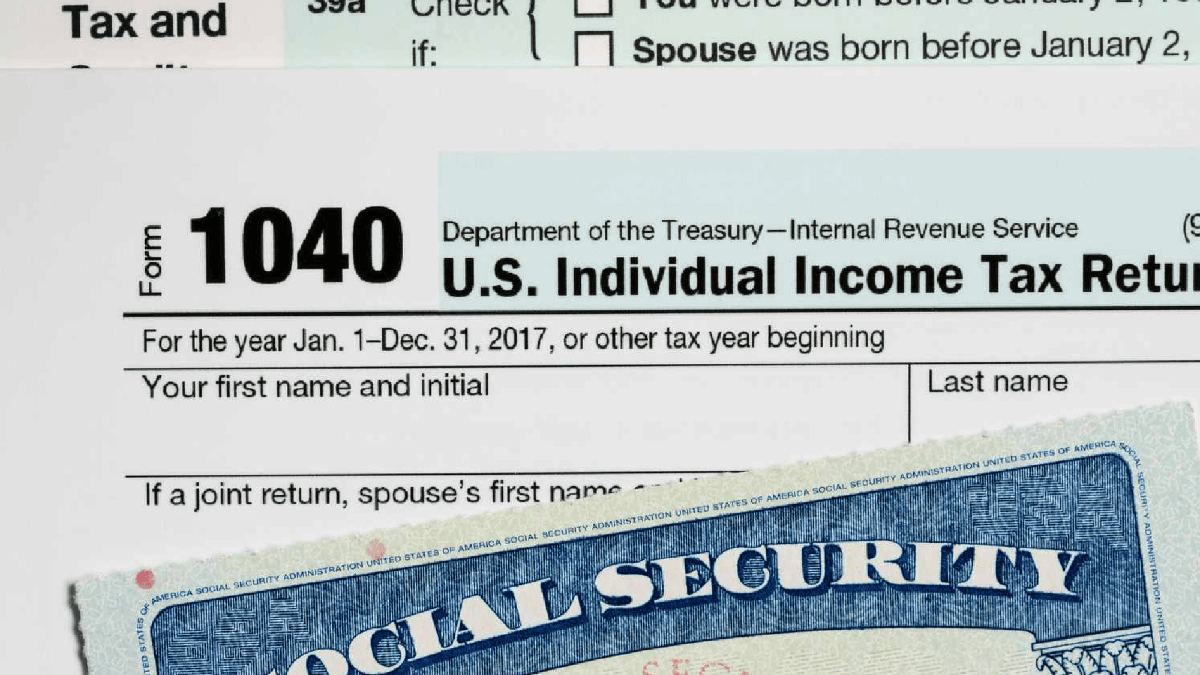As we look ahead to 2025, a whopping 41 states are projected to exempt Social Security benefits from state income tax, offering a significant advantage for retirees looking to maximize their retirement dollars. This tax break can mean more money in your pocket for daily expenses, healthcare, travel, or simply enjoying your golden years.
But what does this mean for you, and where does your state stand? Let’s dive into the details of which states are protecting your Social Security income and why this matters for your retirement planning.
The Big Picture: Why 41 States Are a Retirement Game-Changer
The federal government taxes Social Security benefits based on your combined income (adjusted gross income plus non-taxable interest plus half of your Social Security benefits). However, state taxation is a separate layer, and this is where significant differences emerge. For the 41 states that don’t tax Social Security benefits, it provides a powerful incentive for retirees. This policy can:
Boost Disposable Income:
More of your hard-earned benefits remain untouched, directly increasing your available funds.
Influence Relocation Decisions:
Many retirees consider moving to states with favorable tax policies to stretch their retirement savings further.
Simplify Tax Season:
Less complexity around filing state taxes on retirement income.
States choose not to tax Social Security benefits for various reasons, including a desire to attract retirees (who often bring economic activity and stability), a reliance on other forms of taxation (like sales or property taxes), or simply a philosophical approach to not taxing retirement income.
The States That Won’t Tax Your Social Security in 2025: A Comprehensive List
While tax laws are always subject to change, the following 41 states are anticipated to not impose state income tax on Social Security benefits in 2025. This list includes states that either do not have a state income tax at all, or those that specifically exempt Social Security income from taxation.
- Alabama: No state tax on Social Security.
- Alaska: No state income tax.
- Arizona: No state tax on Social Security.
- Arkansas: No state tax on Social Security.
- California: No state tax on Social Security.
- Delaware: No state tax on Social Security.
- Florida: No state income tax.
- Georgia: No state tax on Social Security for eligible individuals.
- Hawaii: No state tax on Social Security.
- Idaho: No state tax on Social Security.
- Illinois: No state tax on Social Security.
- Indiana: No state tax on Social Security.
- Iowa: Phasing out Social Security tax, expected to be fully exempt by 2025.
- Kansas: No state tax on Social Security for certain income levels.
- Kentucky: No state tax on Social Security.
- Louisiana: No state tax on Social Security.
- Maine: No state tax on Social Security.
- Maryland: No state tax on Social Security for those meeting specific income and age requirements.
- Massachusetts: No state tax on Social Security.
- Michigan: No state tax on Social Security.
- Mississippi: No state tax on Social Security.
- Montana: No state tax on Social Security.
- Nevada: No state income tax.
- New Hampshire: No state income tax (though it taxes interest and dividends, this does not apply to Social Security).
- New Jersey: No state tax on Social Security for those meeting income thresholds.
- New York: No state tax on Social Security.
- North Carolina: No state tax on Social Security.
- North Dakota: No state tax on Social Security.
- Ohio: No state tax on Social Security.
- Oklahoma: No state tax on Social Security.
- Oregon: No state tax on Social Security.
- Pennsylvania: No state tax on Social Security.
- South Carolina: No state tax on Social Security for eligible individuals.
- South Dakota: No state income tax.
- Tennessee: No state income tax (though it once taxed interest and dividends, this has been phased out and did not apply to Social Security).
- Texas: No state income tax.
- Virginia: No state tax on Social Security.
- Washington: No state income tax.
- Wisconsin: No state tax on Social Security for certain income levels.
- Wyoming: No state income tax.
- District of Columbia: No local tax on Social Security.
Note: For states with specific income thresholds or other conditions for exemption (e.g., Kansas, Maryland, New Jersey, Wisconsin), it’s crucial for retirees to verify if their individual circumstances qualify for the full exemption.
The Exceptions: Where Social Security May Be Taxed
While the majority of states are tax-friendly for Social Security, a handful still impose a state income tax on these benefits. These generally include:
- Colorado
- Connecticut
- Minnesota
- Nebraska
- New Mexico
- Rhode Island
- Utah
- Vermont
- West Virginia
These states often offer deductions or exemptions based on income level, age, or other factors, meaning not all Social Security recipients will pay state taxes, or they may pay on only a portion of their benefits. It’s vital to research the specific rules for these states if you reside there or are considering moving to one.
What This Means for Your Retirement Planning
Understanding your state’s tax laws regarding Social Security is a crucial piece of your overall retirement puzzle. Here are some key takeaways:
Review Your State’s Rules Annually: Tax laws can change, so always check the latest regulations from your state’s Department of Revenue or a qualified tax professional.
Consider Tax-Friendly Relocation: If you’re flexible about where you live, moving to a state that doesn’t tax Social Security (or has no income tax at all) could significantly boost your retirement income.
Factor in All Taxes: Remember that state income tax on Social Security is just one piece of the puzzle. Also consider property taxes, sales taxes, and estate/inheritance taxes when evaluating a state’s overall tax friendliness for retirees.
Consult a Financial Advisor: A financial planner specializing in retirement can help you navigate the complexities of Social Security taxation, state-specific rules, and optimize your retirement income strategy.
Your retirement years should be about peace of mind, not tax stress. By staying informed about which states are giving Social Security benefits a pass, you can make smarter financial decisions and ensure more of your hard-earned money stays right where it belongs: with you.













